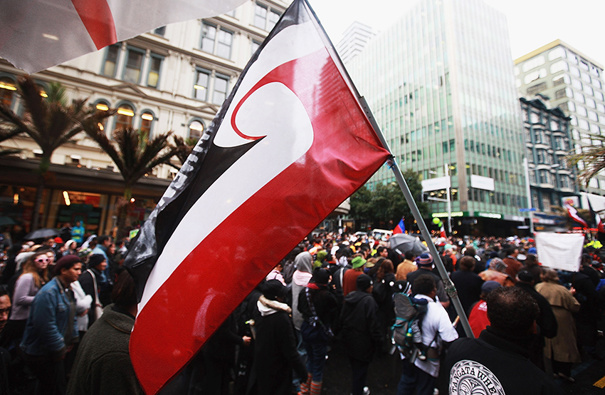The process isn't over, but the Hawke’s Bay District Council was the latest yesterday to confirm a decision they had made earlier to introduce a Māori seat to their operation.
Under the new law passed by Wellington, if you had done that you need to either drop the seat at next year's local body elections or take it to a vote.
They have voted to take it to a vote. A lot of councils have done the same thing.
I think in totality this is a good thing.
Having race-based seats is wrong. But at the very least you have to give your constituents a say, which has been the crime quite rightly identified and corrected by the Government.
Part of the argument put forward in Hawke’s Bay, as I'm sure it has been in various council meetings, is Māori voices are under threat.
Now, the trouble with that is it simply isn't true and never has been. In that misrepresentation of the facts is the beauty of democracy.
Democracy is alive and well in this country. It's just sadly one of those things we take for granted.
Part of the democratic process is anyone can stand, anyone can have their voices heard, and it's far from being under threat
The fascinating bit now, once all the decisions on elections are made, is how many votes for seats will there be, and will anyone be able to get a majority to actually earn a seat?
If every single vote votes 'no', what has that told us about the entire Māori seat exercise?
Could it be in certain areas, maybe Northland, Gisborne and possibly Hawke’s Bay, that a campaign can be successfully run to get enough numbers over the line, and if that happens does that spur others on?
Could it be that the democratic exercise of actually voting leads to a growth in the number of Māori seats? Imagine that. Success by election, growth by democracy and a voice heard and acted upon in a positive way.
Surely the prospect of that potential is far more satisfying, and satisfactory legally, than the gerrymandered mess we have had up until now?
Take your Radio, Podcasts and Music with you










